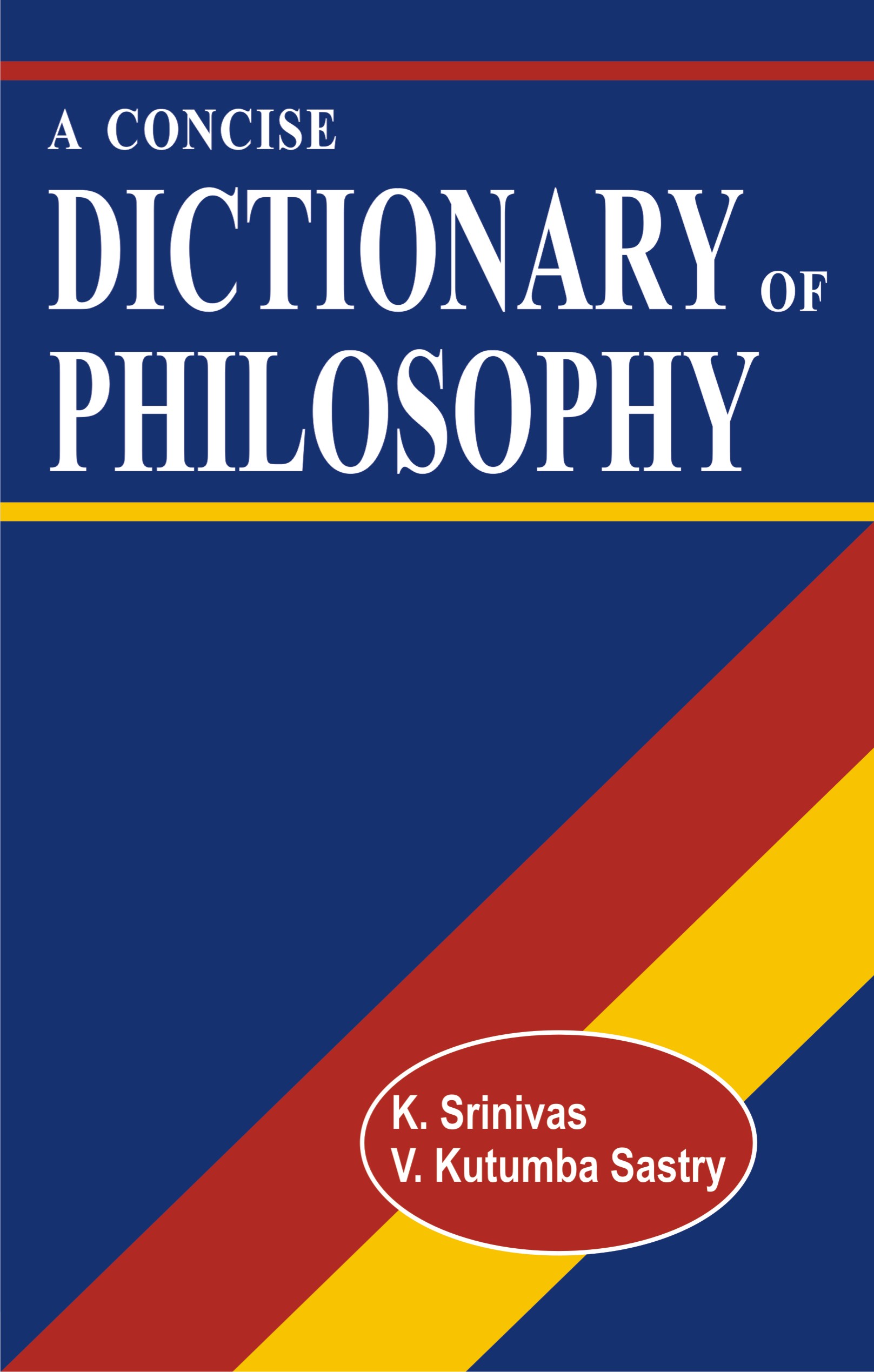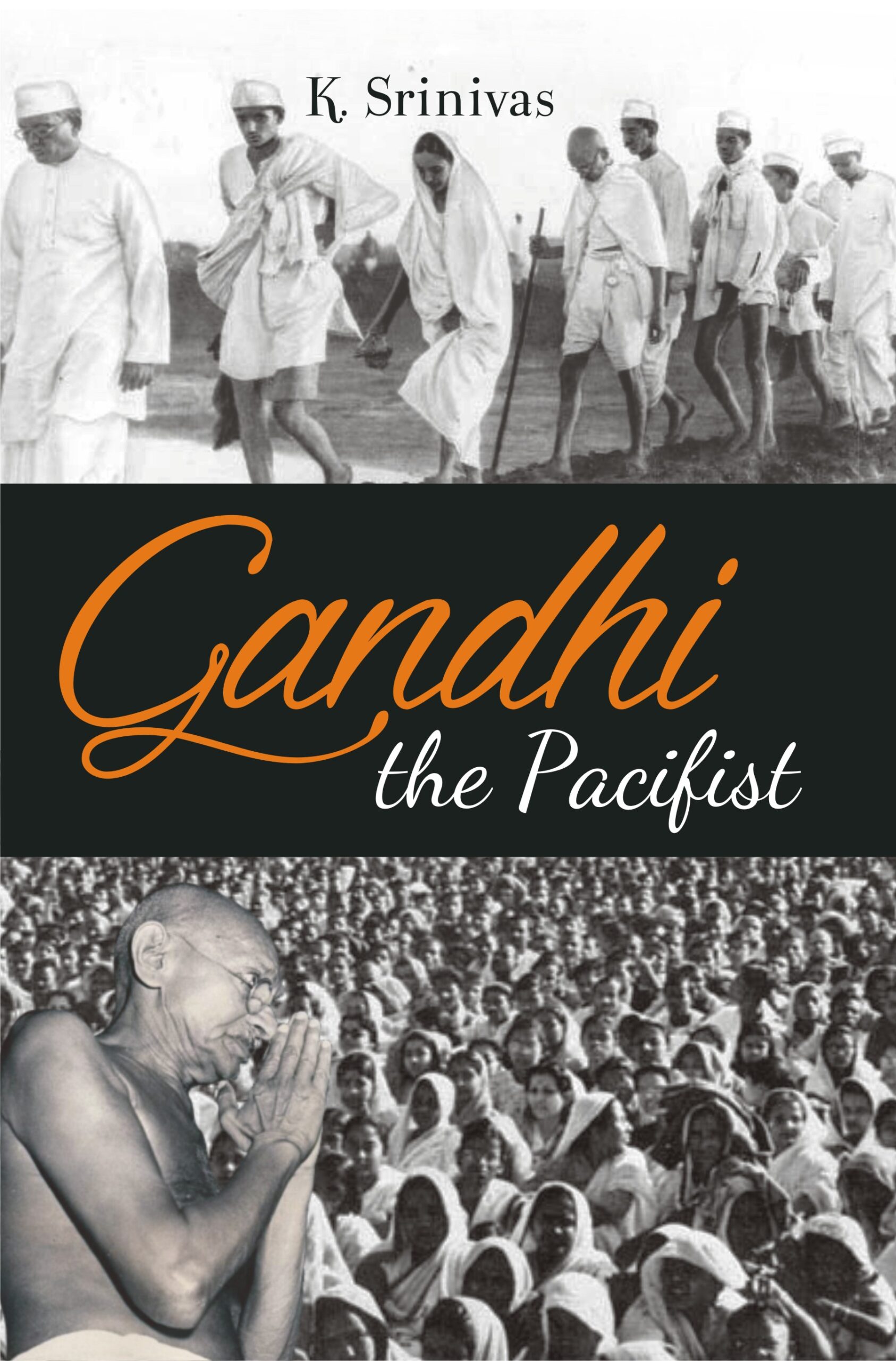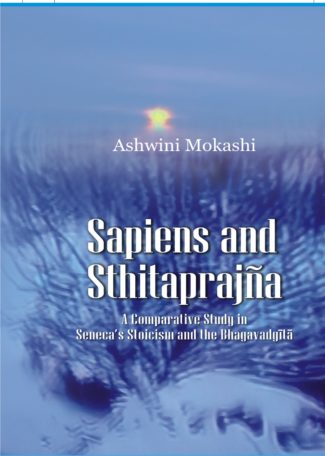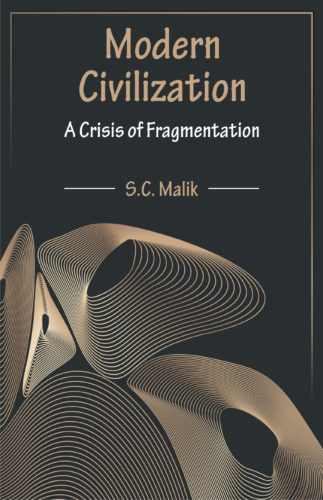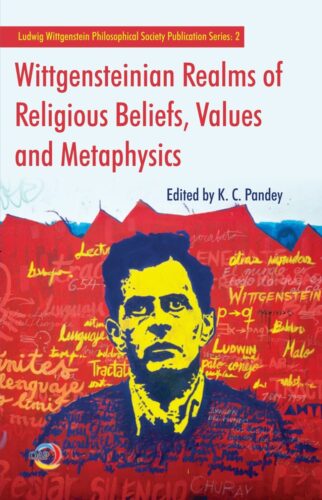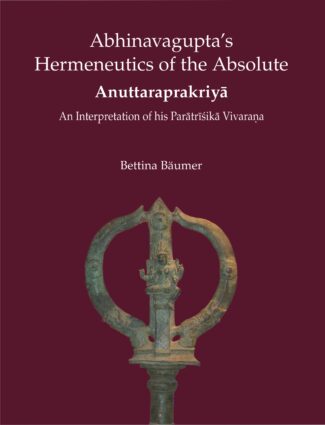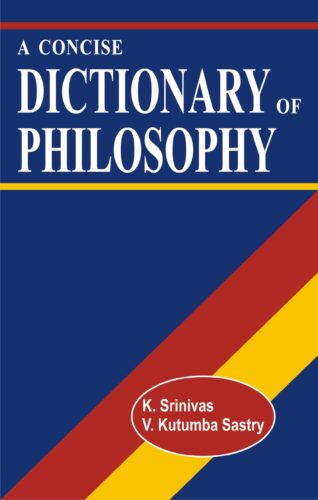

Concise Dictionary o...
Concise Dictionary of Philosophy (PB)
by: K. Srinivas , V. Kutumba SastryThis dictionary serves as an immediate reference book to the teachers and the students of philosophy and also to the general readers. It covers as many as seventeen hundred entries that include the most commonly used philosophical terms of the East and the West and the brief biographies of prominent philosophers of the Orient as well as the Occident.
₹500.00 Original price was: ₹500.00.₹450.00Current price is: ₹450.00.
ISBN: 9788124604014
Year Of Publication: 2007
Edition: 1st
Pages : xi, 426
Language : English
Binding : Paperback
Publisher: D.K. Printworld Pvt. Ltd.
Size: 23 cm.
Weight: 750 gm.
This dictionary serves as an immediate reference book to the teachers and the students of philosophy and also to the general readers. It covers as many as seventeen hundred entries that include the most commonly used philosophical terms of the East and the West and the brief biographies of prominent philosophers of the Orient as well as the Occident.

- Sale!Sapiens and Sthitaprajna by: Ashwini A. Mokashi
₹800.00Original price was: ₹800.00.₹720.00Current price is: ₹720.00.Sapiens and Sthitaprajna studies the concept of a wise person in the Stoic Seneca and in the Bhagavadgita. Although the Gita and Seneca’s writings were composed at least two centuries apart and a continent apart, they have much in common in recommending a well-lived life. This book describes how in both a wise person is endowed with both virtue and wisdom, is moral, makes right judgements and takes responsibility for actions. A wise and virtuous person always enjoys happiness, as happiness consists in knowing that one has done the right thing at the right time.
Both Seneca and the Gita demand intellectual rigour and wisdom for leading a virtuous and effective life. They provide guidelines for how to become and be wise. Both systems demand a sage to be emotionally sound and devoid of passions. This leads to mental peace and balance, and ultimately tranquillity and happiness. While surveying these similarities, this study also finds differences in their ways of application of these ideas. The metaphysics of the Gita obliges the sage to practise meditation, while the Stoics require a sage to be a rational person committed to analysing and intellectualizing any situation.
This comparative study will be of interest to students of both Ancient Western and Ancient Indian Philosophy. Practitioners of Stoicism and followers of the Gita should find the presence of closely-related ideas in a very different tradition of interest while perhaps finding somewhat different prescriptions a spur to action. - Sale!Modern Civilization by:
₹800.00Original price was: ₹800.00.₹720.00Current price is: ₹720.00.The crisis of the age inheres in this, that notwithstanding the century’s mind-numbing disasters, it persists in subscribing to propositions which have logically led to the atomization of the whole cloth of human experiencing, and being. Great indeed is the value which is placed on the procedure of analytic dismemberment. While the method has certainly been result-producing, materially, in its wake it has brought immense suffering – both physical and spiritual. The price paid for a lopsided advance is thirty major wars – with their toll of one hundred and thirty million lives, and the irreparable destruction of the natural environment. The time demands a reappraisal of the basic paradigms of human existence, but the hegemony of well-entrenched vested interests – material or intellectual – would seem to preclude this.
The “advanced” people among the mankind of the day become suicidally specialized. For, if the mechanical model of thought has been of advantage in man’s preceding unfolding, the same, what may be called the “survival” paradigm, now creates dangerous dualities, binary oppositions (you–me, body–mind, East–West, etc). The model has outlived its usefulness merely enforcing dormancy on a major part of the human brain.
It behoves mankind to choose wisely right now – since parallel to the socio-economic, scientific and technological revolutions there has got to be the overdue radical psychic transformation. The first step towards clearing the fateful crisis would therefore be to be aware and end the hold of the linear, causal, mechanical thought orientation over the intellectual culture of the times.
Delving deep into the epistemological cum ontological causation of the emergency confronting the being and becoming of man, this volume provokes the thoughtful lay reader to a serious engagement with his or her self. - Sale!Wittgensteinian Realms of Religious Beliefs, Values and Metaphysics by: K. C. Pandey
₹1,800.00Original price was: ₹1,800.00.₹1,620.00Current price is: ₹1,620.00.All that cannot be expressed in language, for early Wittgenstein, belong to the realm of Unsayable or Showable. Such a realm consists of religious beliefs, ethical values, aesthetics, metaphysics, solipsism, love, death among other aspects of life which language is incapable of depicting successfully. Later Wittgenstein did not insist on the inexpressibility of these realms as each of them has their own distinct form of life. In this background this anthology is an attempt to explore various facets of these aspects of Wittgensteinian philosophy through various elucidations and interpretations. It is classified into three sections, viz. “Religious Beliefs, Wittgensteinian Fideism, Religious Pluralism, and Cultural Debates”, “Absolute Value, Ethics, Aesthetics, Architecture” and “Subjectivism, Solipsism, Metaphysics, and Hermeneutics”. It aims at bringing out the current development in the field as found in the debates and discussions on Wittgensteinian philosophy in the contemporary philosophical world.
- Sale!Abhinavaguptas Hermeneutics of the Absolute by: Bettina Baumer
₹1,800.00Original price was: ₹1,800.00.₹1,620.00Current price is: ₹1,620.00.The Paratrishika Vivarana by the great Kashmiri philosopher and mystic Abhinavagupta is an extensive commentary on the Paratrishika Tantra, and it is one of the most profound texts, not only of non-dualist Kashmir Shaivism, but of Indian philosophy and mysticism in general. The present work attempts to make this difficult text accessible, by culling out the important themes and offering an interpretation. The main focus is on the understanding of the Absolute (Anuttara) and the ways to realize it. The central theme of mantra also leads to a mysticism of language with its philosophical implications. All these reflections and practices are inscribed in the theory that everything is related to the totality, every part contains the whole of reality (sarvam sarvatmakam). It is this holistic vision of Abhinavagupta, based on the Tantras, which makes this work so relevant in our times of fragmented aspects of life and knowledge in search of integration. No doubt, in the view of the Tantra and of Abhinavagupta, language and mantra provide the key.
This fascinating book is an important contribution to studies and interpretations on Kashmir Shaivism, its spirituality and philosophy, and on Abhinavagupta in particular. - Sale!An Introduction to Vedanta by: R. Subramony
₹550.00Original price was: ₹550.00.₹495.00Current price is: ₹495.00.Vedanta holds an unparalleled and unique place among the six systems of Indian philosophy. Though the Vedas are the fountainhead of Indian philosophical systems, Vedanta incorporates the philosophical thoughts resplendent in the Upanishads, the Brahmasutras, the Bhagavatgita, and in the commentaries on all these texts.
An Introduction to Vedanta introduces the Vedanta philosophy in brief and talks about its cardinal issues like self-control and the meaning of worship, maya and its gunas, upadhi, the theory of cycle, subtle bodies, the role of meditation, samadhi and its four major obstacles, Brahman realization and the state of a jivanmukta and his relation with Brahman and the world.


